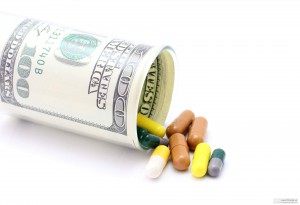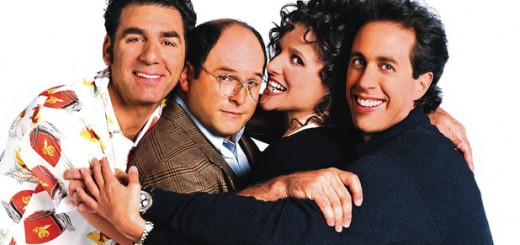The price of the drug Daraprim went up from $13.50 a tablet to $750 when a former hedge fund manager bought the drug and raised the price. What seems to confuse a lot of journalists (The NYTimes & CNBC being exceptions) is just because the drug is out of patent (it came out 62 years ago), doesn’t mean generics can be made to undercut Turing Pharamaceuticals, the maker of Daraprim. They think other drug makers will decide to make Daraprim alternatives that doctors will prescribe and Turing’s $55 million investment in buying Daraprim will turn out to be a big mistake. It’s not quite that easy.
If you have issues with the price of some medicines, don’t bother appealing to the drug manufacturer. They’re trying to maximize profit within the law. Approach the people making healthcare laws and acts and tell them not to be bought by big pharma and to make decisions that will help Americans. If you’re wondering where laws like this came from and are perpetuated, I’d start with the Drug Quality and Security Act passed in 2013 and signed by President Obama, said to be in response to the New England Compounding Center meningitis outbreak that took place in 2012, which killed 64 people. This act pointed the finger at compounding pharmacies and attempted to more tightly regulate making medicine.
If you’re unfamiliar with compounding pharmacies, they do things like make the IV bags of solution used at hospitals, and they make medicine in strengths or forms not easily available. I used one many years ago to get an affordable dose of an allergy medicine for my child, rather than use the super high priced pre mixed dose meant for children. You can imagine how this would not be popular with pharmaceutical companies.




